1. Which age in art history is not directly associated with the ancient Greek civilization?
a. Archaic Period
b. Baroque Period
c. Hellenistic Period
d. Classical Period

1. Which age in art history is not directly associated with the ancient Greek civilization?
a. Archaic Period
b. Baroque Period
c. Hellenistic Period
d. Classical Period
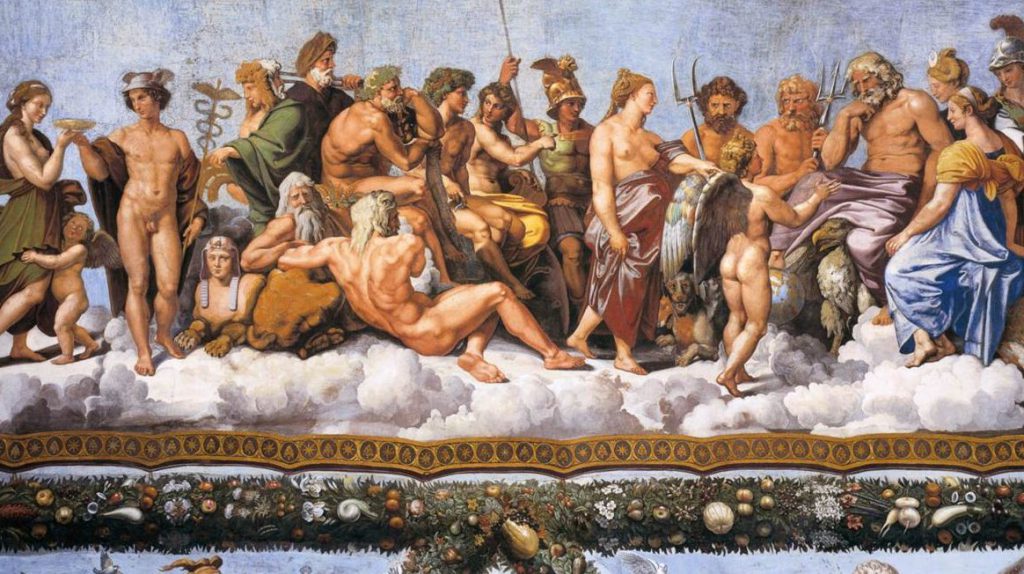
Was the Greek religion monotheistic or polytheistic? Explain your answer and support your explanation with examples. In what ways were Greek art and architecture influenced by their religious beliefs?
INTRODUCTION
Religion has always been an essential part of human history and culture. The ancient Greeks were no exception. Greek religion was a complex system of beliefs and rituals that played a significant role in shaping their society and culture. In this paper, we will explore the nature of Greek religion and its influence on Greek art and architecture.
(more…)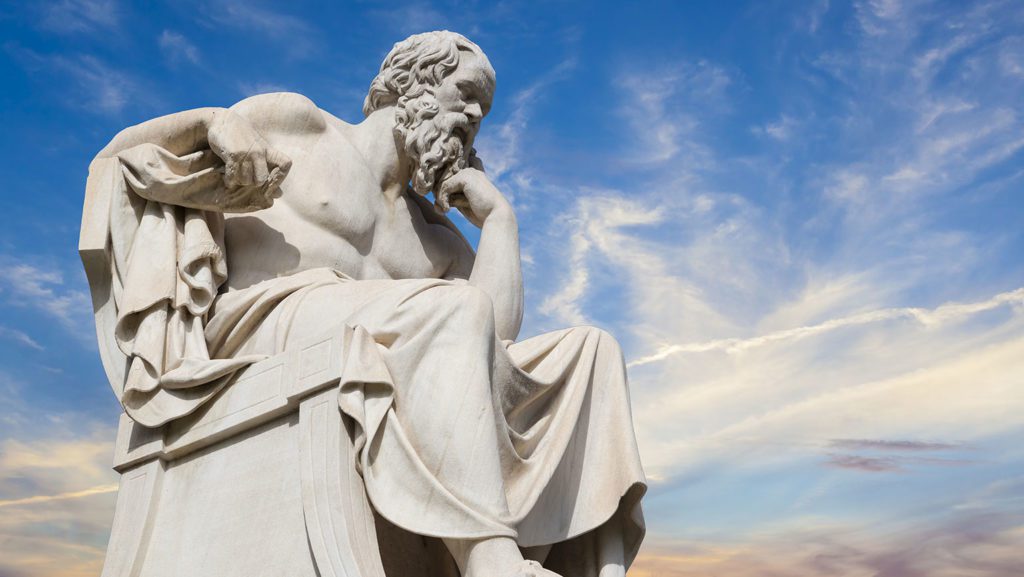
Do you agree with the statement that Classical Greece influenced modern Western society and culture? Justify with relevant examples.
Introduction
Certainly, the Western world has undergone significant changes since the end of the Ancient Greek civilization. Throughout history, a multitude of cultures and civilizations have risen and fallen, each leaving their mark on the world. However, few have had as much impact as Classical Greece. The Greeks were pioneers in many fields, including philosophy, science, and art, and their contributions have been felt throughout Western society and culture. The question at hand is whether or not Classical Greece influenced modern Western society and culture. While some may argue that the Greeks were just one of many civilizations to shape the West, it is difficult to deny the far-reaching impact of their ideas and innovations. From the concept of democracy to the use of reason and logic in philosophy and science, the Greeks laid the groundwork for many of the values and ideals that are still held dear in Western society today.
(more…)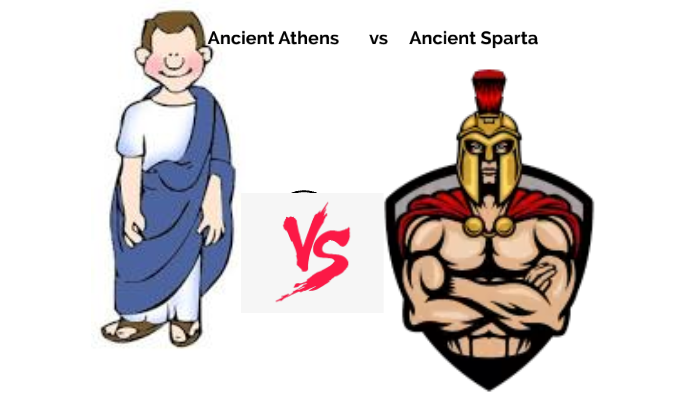
Although they were a part of the Greek Civilization, the city-states of Athens and Sparta differed from each other in many ways. Elaborate upon the social differences between Athens and Sparta with special emphasis on the following: slaves in Athens and helots in Sparta, the education system, the position of women.
Athens and Sparta were two of the most prominent city-states of ancient Greece. Despite sharing common cultural and linguistic roots, they had significant differences in their social structures.
One major difference between Athens and Sparta was the treatment of slaves and helots. In Athens, slavery was an integral part of the economy, and slaves were used for a variety of tasks, including household chores, farming, and mining. However, some slaves were also employed in skilled professions such as teaching or medicine. In contrast, Sparta relied on a system of helotry, which was a form of serfdom. Helots were owned by the state and were forced to work the land for their Spartan masters. Helots were considered to be a lower class than slaves in Athens, as they had fewer rights and were subject to harsher treatment (Cartwright, 2018).
(more…)1. What is defined as a democratic form of government? Select one:
a. There is a single ruler who makes all the decisions
b. The people in power are elected by the people via free and fair elections
c. The rulers are a small group of people representing on a small section of the society
d. There are multiple rulers whose rule in not based on law.
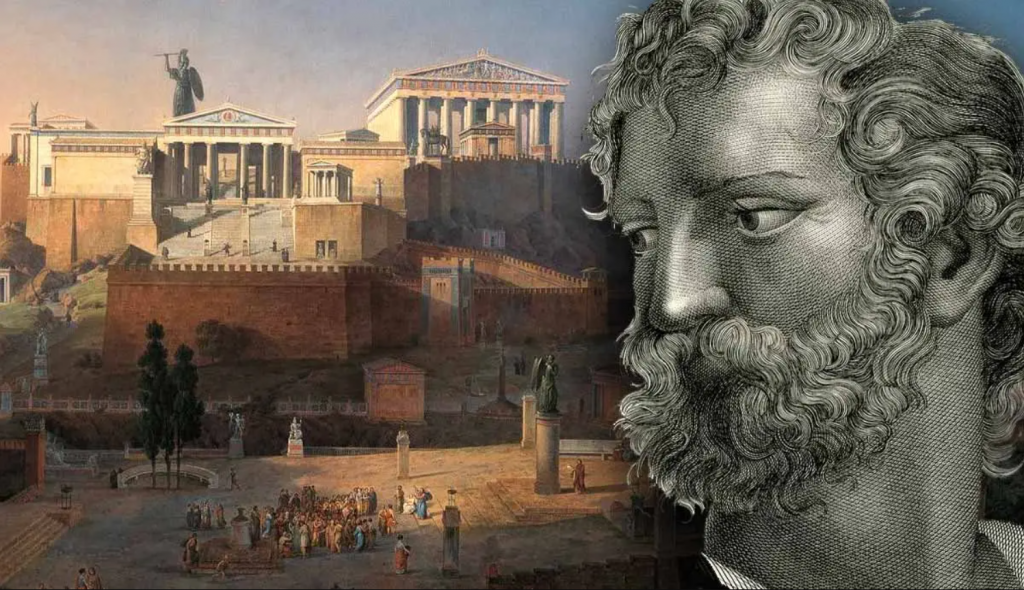
What were the views of Greek Philosophers on democracy? What are your own views on democracy in the modern world?
Greek philosophers had a significant impact on the development of democracy in ancient Greece. Many of them had different views on democracy, and their ideas influenced the political and social systems of the time.
One of the most famous Greek philosophers, Plato, was skeptical about democracy. He believed that democracy was a flawed system because it was based on the rule of the majority, which could lead to the tyranny of the majority over the minority. Plato argued that democracy was prone to corruption and that it could lead to chaos and instability (Ivanovski, 2021).
(more…)
It can be noted from your readings that although part of the Greek civilization, Athens and Sparta had certain dissimilarities in their government structures. Reflect on your readings and answer the following questions.
Introduction
The ancient Greek city-states of Athens and Sparta are often compared and contrasted due to their vastly different government structures. Athens is known for its democratic system, while Sparta is known for its military oligarchy. These two city-states were rivals, and their differences in government structure played a significant role in their conflicts. Overall, the differences in the government structures of Athens and Sparta had a great impact on their societies and cultures. These differences will be explored in detail in the following sections of this paper.
(more…)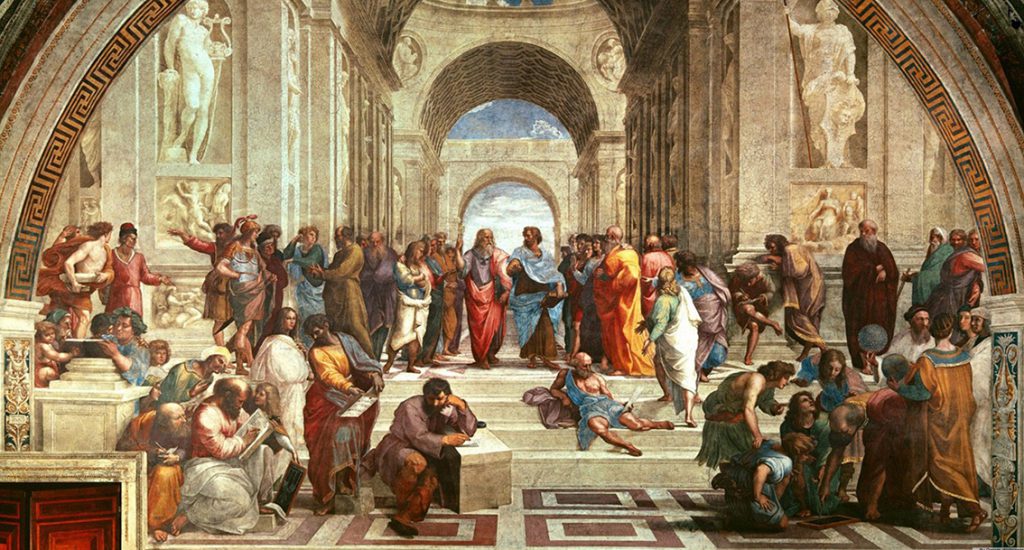
Reflect on the various structures of Athenian democracy & compare them with the system of government in your own country. You may consider the following aspects: Citizenship and franchise, The procedure to make laws and who had the power to do so, The power of the Judiciary, Judicial Review, Ways of constraining the power of public officials.
Let’s compare Athenian democracy with the modern system of government in China. In Athens, only male citizens who were born in the city and had completed military training were eligible to vote. Women, slaves, and foreigners were excluded from the political process (National Geographic, 2022). In contrast, China does not have a democratic system of government, and the Communist Party controls the political process.
In Athens, the Assembly of Citizens had the power to make laws. Any citizen could propose a law, and the Assembly would vote on it. In China, the National People’s Congress is the highest legislative body, and it has the power to make laws. However, the Communist Party has the final say on all legislative matters (The University of Melbourne, 2023).
(more…)1. What is the most significant employee relations issue to be considered when expanding the use of artificial intelligence? Select one:
a. retraining of workers
b. cost of technology
c. employee access
d. code of conduct
1. The design of corporate campuses is meant to enhance opportunities for employees to collaborate. Select one:
a. True
b. False